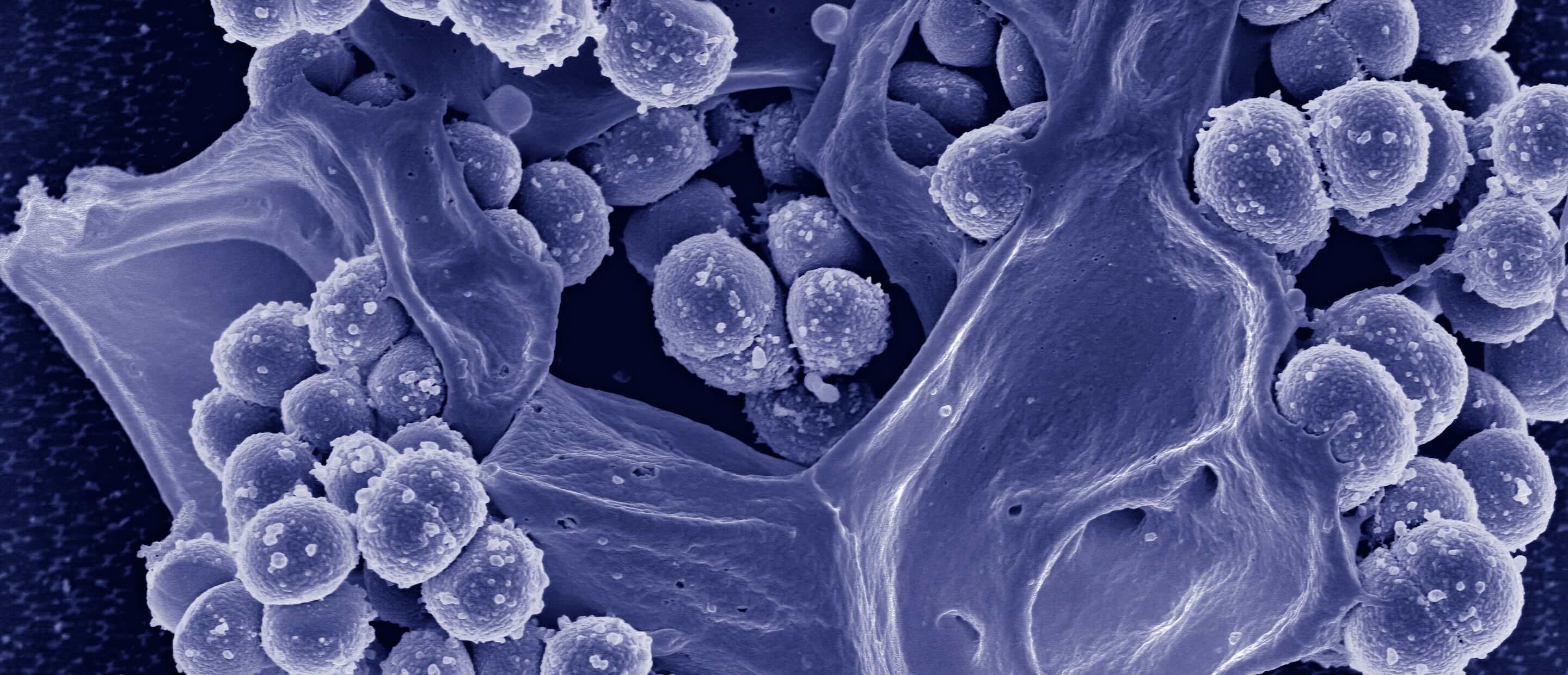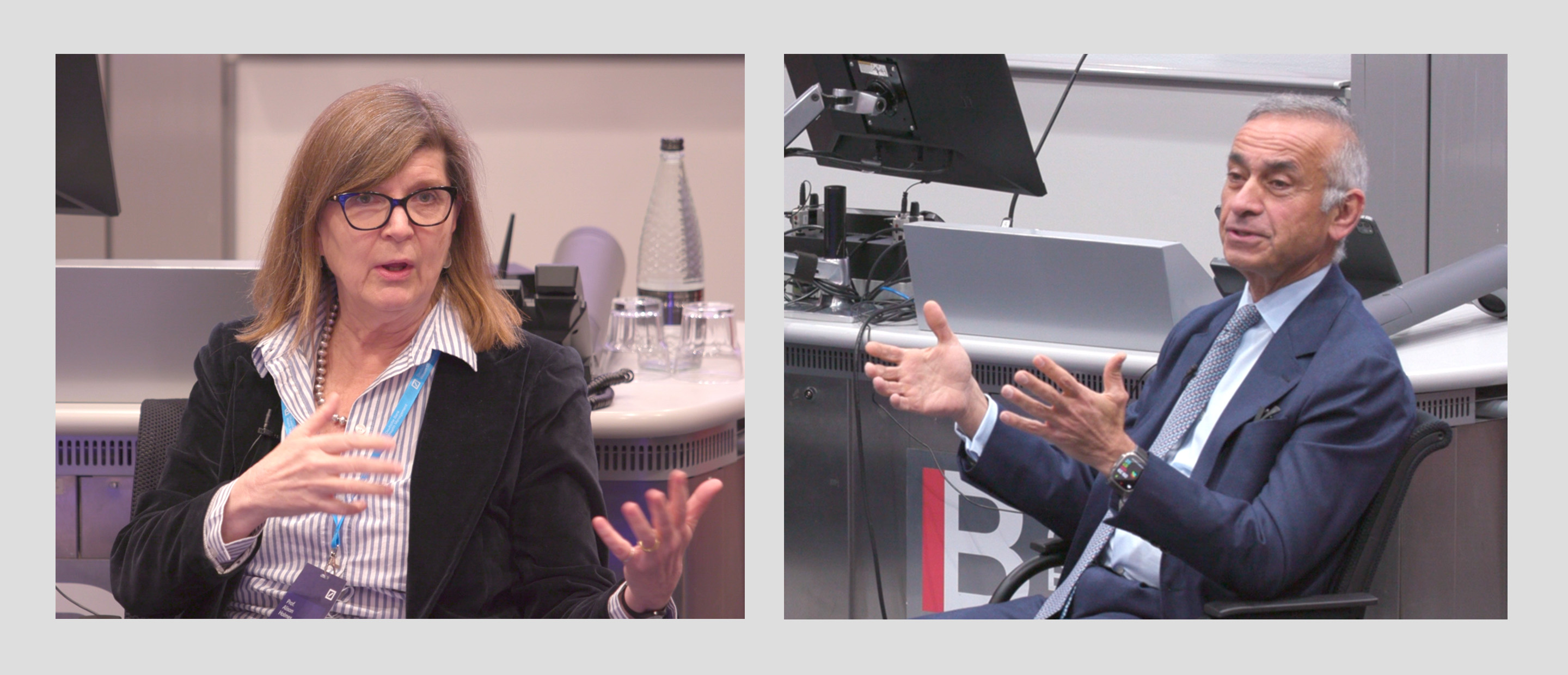One of the key themes of our 2024 Global Innovation Summit was anti-microbial resistance (AMR) – the tendency of bacteria, viruses and other pathogens to evolve so they can resist the effects of medications designed to kill them. "We will not have healthcare without being able to address anti-microbial resistance," said speaker Professor Alison Holmes, underlining the gravity of the issue.
In this panel, she and Professor Lord Ara Darzi explained to Salman Mahdi why the problem is becoming worse, and how they are working to prevent a global humanitarian crisis.
Key Takeaways
- Global cooperation is essential to address AMR: Professor Holmes began the session by emphasising the critical need for international collaboration to recognise the urgent threat of AMR and take steps to deal with it before it gets out of control.
- AMR cannot be solved by clinicians alone: Lord Darzi highlighted that AMR involves the misuse and overuse of antibiotics in both human and animal health, requiring a global initiative that includes behaviour change, policy reform, and public engagement.
- The ‘Fleming Initiative’ aims to combat AMR with collaboration: With the support of Imperial College, Lord Darzi aims to bring scientists, medical practitioners, technologists, policymakers and members of the public together, to “co-design” solutions to the AMR crisis.
- Societal engagement is crucial in combating AMR: Professor Holmes stressed the need for societal engagement at all levels to combat AMR, drawing parallels with the climate change movement to suggest similar levels of activism and awareness.
- AI and technology can revolutionize AMR management: The potential of artificial intelligence (AI) in predicting resistance and aiding drug discovery was discussed. AI can help create predictive models to understand resistance patterns, revolutionising the approach to AMR.
- Advanced diagnostics will play a crucial role in managing AMR: Advanced diagnostics are essential for generating data, guiding therapeutic decisions, and supporting vaccine development. Integrating diagnostics into healthcare systems can provide real-time data and improve patient outcomes.
- Equity and access to antibiotics and healthcare must be ensured: Disparities in access to antibiotics and healthcare were discussed. Global collaboration is needed to ensure equitable access to healthcare and antibiotics, particularly in developing countries.
- The pharmaceutical and diagnostic industries must be proactive: The pharmaceutical industry has shown renewed interest in developing new antibiotics. The diagnostic industry needs to be more proactive in engaging with the public and healthcare providers.
- We must all play a role in raising awareness of AMR: Salman Mahdi urged our guests to become ambassadors for the AMR issue, amplifying its importance and the need to find multi-disciplinary solutions.
Discover more about the 2024 Global Innovation Summit and the insights of our speakers at the links below.



